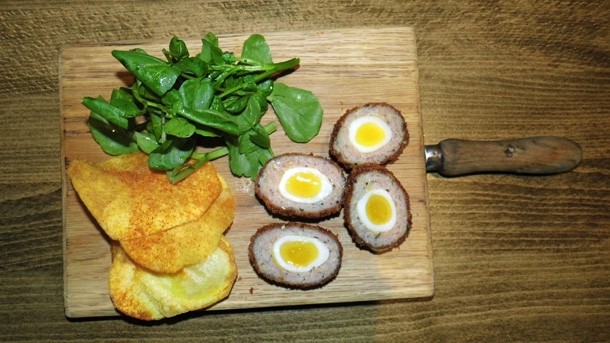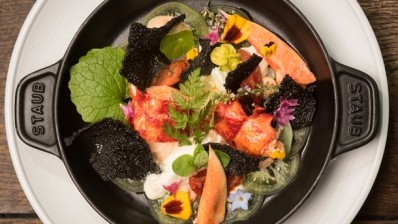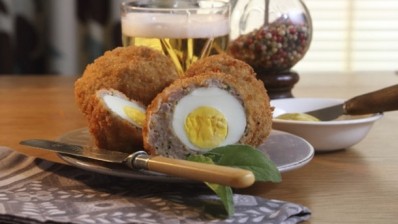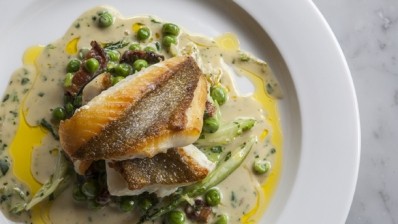DISH DECONSTRUCTED
How to make the perfect pub Scotch egg

Ingredients: Quail’s eggs, Saddleback pork (minced), panko bread crumbs, rusk, flour, vinegar and a bowl of ice and water (for cooling and wetting hands).
Menu price: £3 for two eggs
GP: Roughly 70%
Prep time: 15 minutes.
The Chef: Jack Boast joined Chris and Jeff Galvin’s group Galvin Restaurants seven years ago, working his way up to head chef at the brother’s Café à Vin. He helped oversee Café à Vin’s transformation into HOP, the Galvins’ first pub, where he maintains his role as head of the kitchen.
Method
- Boil eggs for precisely 2 minutes and 26 seconds before quickly transferring them into iced water.
- Once eggs are cooled, briefly soak them in vinegar - this will make them considerably easier to peel.
- Coat eggs with flour to help them stick to the meat. (“That way, you’re not left with a ‘rattler’," quips Boast)
- Season minced pork with salt, pepper and rusk.
- Form the mixture around the peeled and floured eggs with wet hands - this is important because it makes the meat much less sticky to the touch.
- Coat the eggs with panko bread crumbs and lower into a deep fryer at 170 degrees. Fry for exactly 3 minutes.
- Take the eggs out of the fryer and rest them in a warm place for one minute before slicing in half to serve.
Boast uses a quail’s egg for the epicentre of the snack. But depending on what’s in season, operators could consider using pheasant, turkey or goose eggs instead.
“The fundamental thing [with this particular version] was that the Scotch egg had to be bite size,” he says. “On the menu they’re not to be confused with starters, so they’re very much a two-bite piece.”
“It’s important with this egg to have a runny yolk because it’s one mouthful. However, if you’ve got a giant scotch egg, I think that’s when you get the ‘drip factor’ involved and people end up staggering home with egg yolk down their front.”
Resting the egg for a minute before serving it may seem inconsequential, but it's absolutely crucial.
"When you’re cooking something at 170°C there is a lot of heat going in to it. You might be taking it out of the fryer but the residual heat will just get right through to the egg and guarantee it gets perfectly cooked.”
Learn how to make a stunning pan fried hake dish served at the Empress, Hackney.







